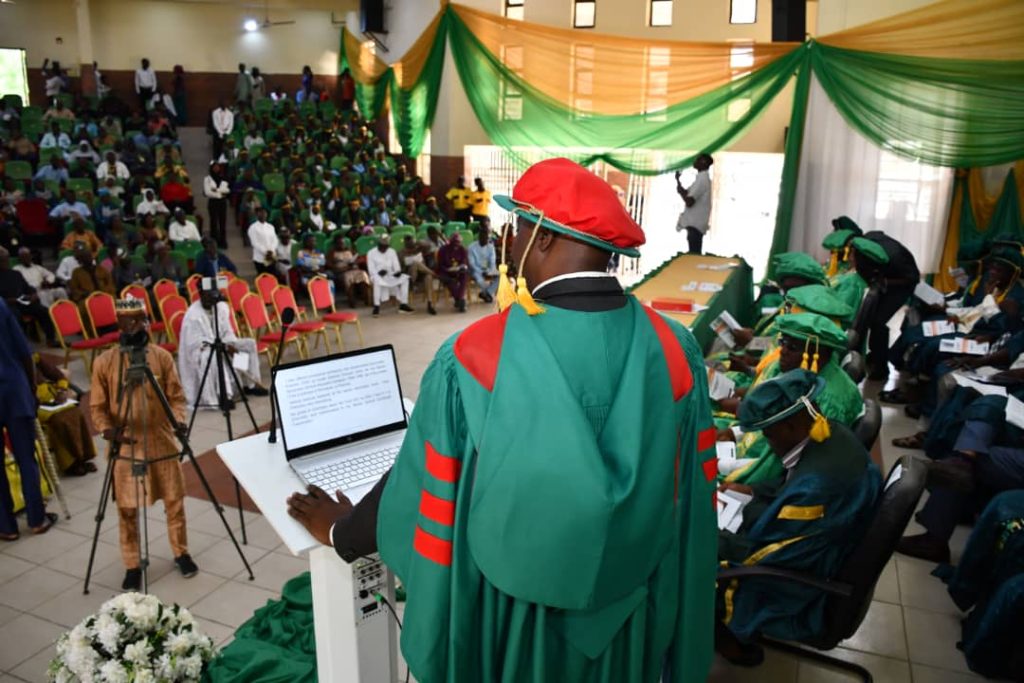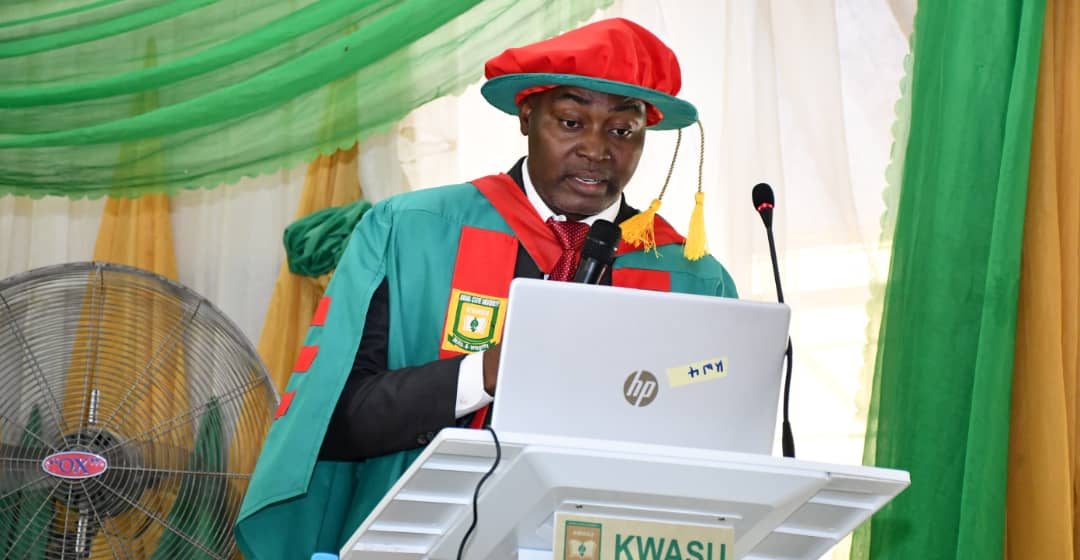As the world navigates a complex shift from fossil fuels to renewable energy, Professor Olusola Oladele James of Kwara State University (KWASU), Malete, has called on Nigeria to urgently rethink its approach to oil dependency. Speaking at the university’s 19th Inaugural Lecture titled “Energy Transition Crisis, Relapse Cycles and Twilights of Petroleum Era,” the renowned physical chemist stressed the importance of strategic planning to secure the country’s economic future.

“The sun is still shining, but the clouds are gathering,” Professor James warned. “We must make hay while it lasts. Petroleum is a finite resource. Nigeria must learn from countries like the UAE that are using their oil wealth to build infrastructure for a future beyond oil.”
He cautioned that the global energy transition is not being driven by climate change concerns as popularly believed, but by economic realities. According to him, the adoption of alternative energy sources such as solar and electricity-based systems will only gain ground if they make economic sense.
“The pace of energy transition is dictated by economic viability, not climate ideals. It’s important Nigeria does not get carried away by climate diplomacy without understanding the underlying global economic interests,” he noted.
Looking ahead to the 2025 United Nations Climate Change Conference (COP 2025) to be hosted by Brazil, Professor James urged developing countries like Nigeria to manage their expectations.
“It is difficult, if not impossible, to decouple oil from the global economy,” he said. “Many developed nations are still chasing growth powered by oil. These climate conferences may soon become nothing more than annual jamborees with little real impact.”
He called for a nationwide reorientation to debunk the myth that oil is unlimited or cheap, noting that both the public and private sectors must begin to act with this new reality in mind.
“Oil is no longer cheap. It is no longer inexhaustible. Every Nigerian must be made to understand this, and our actions—from policy to consumption—must reflect it,” he urged.
Commending KWASU for taking the lead through its Centre for Sustainable Energy, Professor James highlighted the institution’s efforts in harnessing solar energy to power offices on campus, a move supported by the university’s UNESCO Chair on Alternative Energy. He advised the university to consider a distributed solar energy system as it expands its capacity, instead of relying on a centralised setup.
In closing, he stressed the need for urgent national dialogue and planning: “We are in the twilight of the petroleum era. The future will not wait. Nigeria must not be caught off guard.”



Leave a Reply